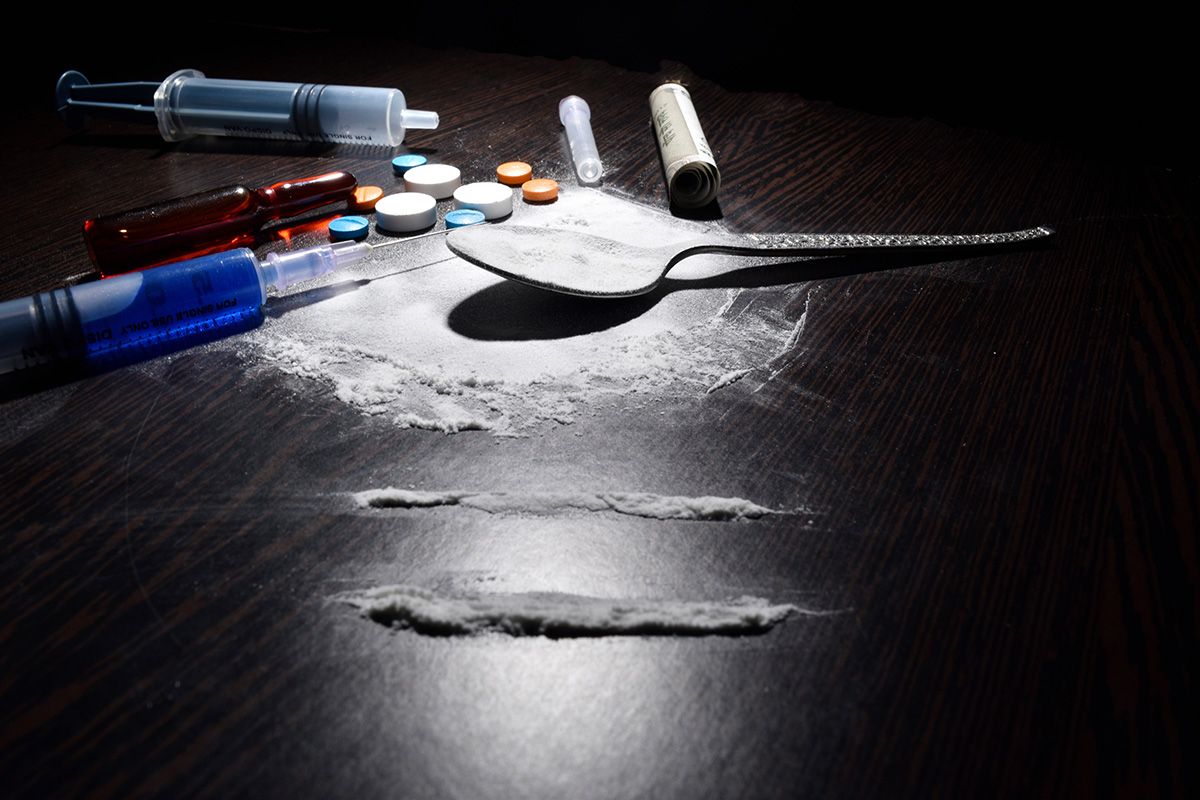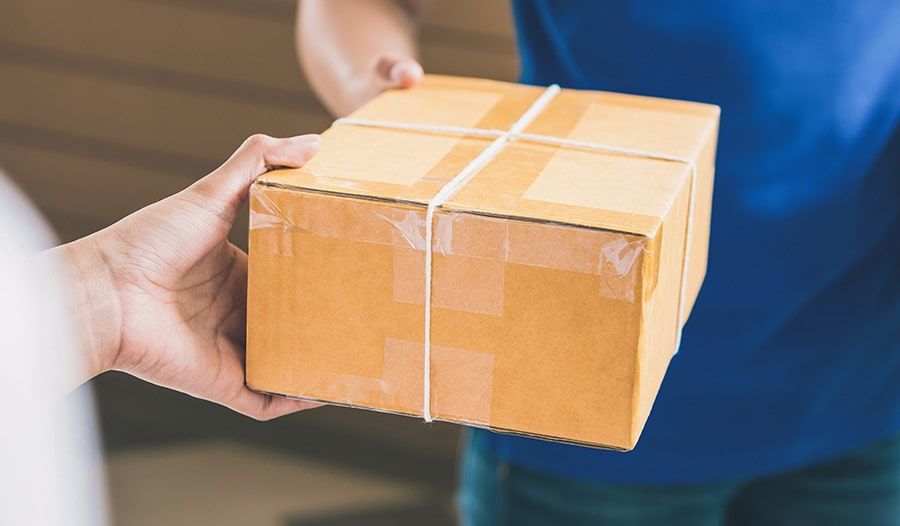Recognizing the Signs: A Path to Recovery
In the quiet moments, when the clamor of life subsides, it’s essential to listen to the whispers of our well-being. Acknowledging the early signs of substance abuse isn’t just about confrontation; it’s about compassion, understanding, and the journey towards healing. At Enlightened Recovery, we’ve seen firsthand how recognizing these signs can be a pivotal first step towards a life of recovery and fulfillment.
Substance abuse, often a silent battle, affects not only the individual but also their loved ones. The importance of early recognition cannot be overstated. It’s about seizing the opportunity for change before the whispers become cries for help. With the right support and treatment, such as the comprehensive care provided by Enlightened Recovery, recovery is not just a distant hope; it’s a realistic goal.
This blog post aims to illuminate the path for those who might be struggling with substance abuse or know someone who is. Remember, taking the first step can lead to transformative journeys. Let’s embark on this journey together, understanding the signs, and recognizing that the strength to overcome lies within reach.
Understanding the Landscape of Addiction
Substance abuse, a term that often echoes with a heavy weight, is more than just a pattern of drug or alcohol use; it’s a complex interplay of physical, mental, and emotional factors that can derail lives. At its core, substance abuse involves a reliance on substances like alcohol, prescription medication, or illegal drugs in a way that can lead to significant health issues, disability, and failure to meet responsibilities at work, school, or home.
The Physical Toll
Physically, the body may become accustomed to these substances, leading to tolerance and dependence. This dependency can manifest in severe withdrawal symptoms, making it challenging for individuals to reduce or stop usage. Recognizing these physical signs is crucial, and facilities like Enlightened Recovery specialize in providing the necessary medical support to navigate this physical aspect of substance abuse.
The Mental and Emotional Impact
Mentally, substance abuse can entangle itself with various psychological conditions, such as anxiety, depression, and bipolar disorder, often exacerbating these issues. Emotionally, it can lead to a sense of isolation, hopelessness, and a disconnection from loved ones. Understanding this, Enlightened Recovery adopts a holistic approach, addressing not just the physical but also the mental and emotional needs of individuals.
A Broader View
Substance abuse doesn’t discriminate, affecting individuals across all ages, backgrounds, and socioeconomic statuses. It’s a challenge that calls for empathy, understanding, and comprehensive treatment. Institutions like Enlightened Recovery play a pivotal role in providing such care, offering tailored programs that cater to the unique needs of each individual.
By understanding the multifaceted nature of substance abuse, we can begin to see the importance of a comprehensive approach to treatment and recovery, such as the one provided by Enlightened Recovery. This overview sets the stage for recognizing the specific signs that signal the need for help.
Recognizing the Red Flags
1. Increased Tolerance to Drugs or Alcohol
Tolerance is a clear warning sign. It means needing more of the substance to achieve the same effects. At Enlightened Recovery, we’ve seen how this escalation can sneak up on individuals, often going unnoticed until it’s a significant issue.
2. Withdrawal Symptoms When Not Using Substances
Withdrawal is the body’s response to the absence of the substance. Symptoms can range from mild anxiety to severe physical pain. This sign is a clear indicator that professional help, like the medical detox services at Enlightened Recovery, is needed.
3. Neglecting Responsibilities at Work, School, or Home
When substance use starts affecting daily responsibilities, it’s a red flag. Missing work, neglecting household duties, or falling behind in school are signs that the substance is taking precedence over daily life. Enlightened Recovery helps individuals rebuild their commitment to these responsibilities.
4. Engaging in Risky Behaviors to Obtain Drugs or Alcohol
Risk-taking behaviors, like driving under the influence or engaging in unsafe practices to obtain substances, indicate a severe problem. Enlightened Recovery’s programs focus on understanding and changing these behaviors.
5. Experiencing Relationship Problems Due to Substance Use
Substance abuse can strain relationships with family, friends, and colleagues. If substance use is causing frequent arguments, isolation, or relationship breakdowns, it’s time to consider seeking help. Programs at Enlightened Recovery include family counseling and relationship rebuilding.
6. Changes in Mood or Behavior, Such as Irritability or Depression
Noticeable mood swings, irritability, or symptoms of depression linked to substance use are warning signs. Enlightened Recovery addresses these emotional aspects comprehensively in its treatment programs.
7. Financial Difficulties Related to Funding Substance Abuse
Spending significant amounts of money on substances, leading to financial strain, is a common issue. Enlightened Recovery offers guidance on managing financial stress as part of recovery.
8. Legal Issues Resulting from Drug-Related Offenses
Legal troubles, such as arrests for DUI or possession, signal a serious problem. Enlightened Recovery provides support in navigating these challenges and focusing on recovery.
9. Health Problems Associated with Substance Use
Health issues, whether physical or mental, that arise from substance use should not be ignored. Enlightened Recovery’s holistic approach includes addressing these health concerns as part of the treatment process.
10. Failed Attempts to Cut Back or Quit Using Substances
Repeated attempts to quit or cut back without success is a strong indicator that professional help is needed. Enlightened Recovery specializes in helping individuals overcome this cycle of addiction.
Each of these signs, while alarming on their own, is an opportunity to seek help and start the journey towards recovery. Enlightened Recovery offers a compassionate and comprehensive approach to each of these issues, guiding individuals back to a path of health and fulfillment.
The Critical Need for Intervention
Ignoring the signs of substance abuse can lead to a downward spiral with far-reaching consequences. The journey of substance abuse is often a lonely one, marked by a gradual alienation from loved ones, deteriorating health, and the loss of personal and professional opportunities. Enlightened Recovery understands the gravity of these consequences and emphasizes the urgency of seeking help.
Consequences of Untreated Substance Abuse
– Health Deterioration: Prolonged substance abuse can lead to severe physical and mental health issues, including chronic diseases and psychological disorders.
– Relationship Strain: It can erode the foundation of trust and communication in relationships, leading to isolation.
– Professional and Academic Failure: Substance abuse often results in declining performance at work or school, jeopardizing future prospects.
– Legal Complications: Legal issues stemming from substance-related offenses can have long-lasting effects on an individual’s life.
Recognizing these signs and taking action is vital. Seeking professional help, like the support offered by Enlightened Recovery, is not a sign of weakness but of strength and self-awareness. The decision to seek help can be the turning point, transforming a path of despair into one of hope and recovery.
Taking the First Step Towards Recovery
Seeking help for substance abuse is a courageous decision, marking the beginning of a new chapter. The path to recovery, while challenging, is rich with the potential for personal growth and healing. Enlightened Recovery offers a guiding light on this journey, providing the necessary tools and support.
Initial Steps to Seeking Help
1. Acknowledgment: The first step is recognizing the need for help. This can be the hardest part, requiring honesty and self-reflection.
2. Reach Out: Talking to someone can be a relief. This might be a trusted friend, family member, or a professional. Enlightened Recovery encourages this openness as a vital step in breaking the cycle of isolation that substance abuse often brings.
3. Professional Help: Contacting a healthcare professional or an addiction specialist provides a foundation for a structured recovery process. Enlightened Recovery’s team of experts is equipped to guide individuals through this process.
Personalized Treatment Plans: Understanding that each journey is unique, Enlightened Recovery offers personalized treatment plans tailored to individual needs.
Comprehensive Support: From medical detox to therapy and aftercare, every aspect of recovery is covered.
Community and Family Involvement: Building a supportive community, including family involvement, is key to sustainable recovery.
Making the decision to seek help is a powerful statement of self-care and hope. Enlightened Recovery is dedicated to supporting individuals through each step of this journey, ensuring a compassionate and comprehensive approach to overcoming substance abuse.
Navigating the Path to Help
Finding the right resources is critical for anyone struggling with substance abuse. There are various avenues of support available, each offering a unique type of assistance. Here are some key resources, including how Enlightened Recovery fits into this network:
1. Enlightened Recovery: A cornerstone for recovery, offering a range of services from medical detox to therapy. Visit Enlightened Recovery’s website or call their team directly at [Phone Number] for personalized assistance.
2. National Helplines: Organizations like SAMHSA (Substance Abuse and Mental Health Services Administration) provide national helplines for immediate support. Contact them at 1-800-662-HELP (4357).
3. Local Support Groups: Groups like Alcoholics Anonymous (AA) and Narcotics Anonymous (NA) offer community-based support.
4. Online Forums and Communities: Digital platforms can provide support and connection from the comfort of home.
5. Healthcare Providers: Don’t hesitate to reach out to your doctor for guidance and referrals.
Each of these resources, especially comprehensive care providers like Enlightened Recovery, plays a vital role in the journey towards recovery. They offer a network of support, ensuring that anyone struggling with substance abuse is never alone.
Embracing Hope and Taking Action
The journey to overcome substance abuse is as challenging as it is rewarding, and it begins with the courage to recognize the need for change. Remember, acknowledging the problem and seeking help is a testament to your strength and desire for a better future. With resources like Enlightened Recovery, you’re not alone on this path. Their comprehensive approach provides the care, support, and guidance necessary for a successful journey to recovery.
If you or someone you know is showing signs of substance abuse, reach out to Enlightened Recovery. Embrace hope, take that first step, and transform your life. Your journey to a brighter tomorrow starts today.






